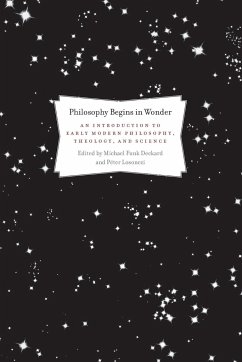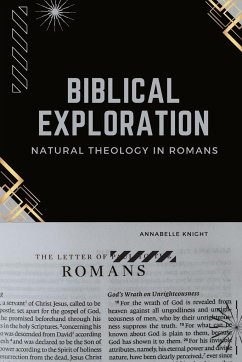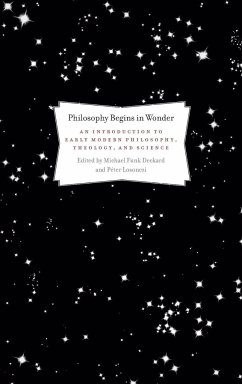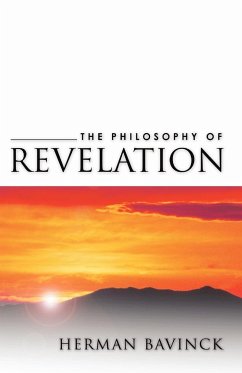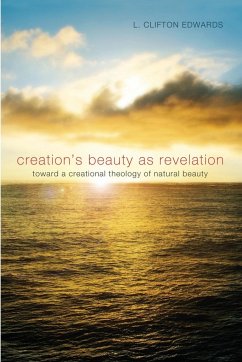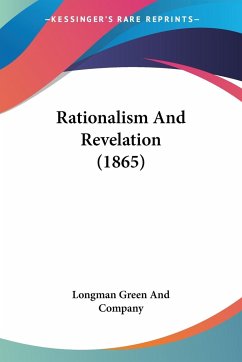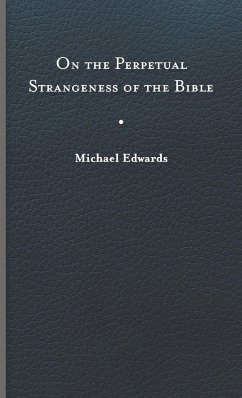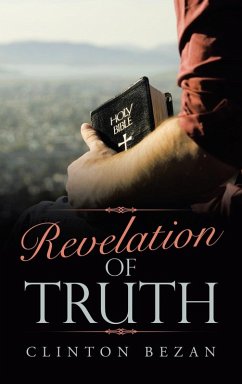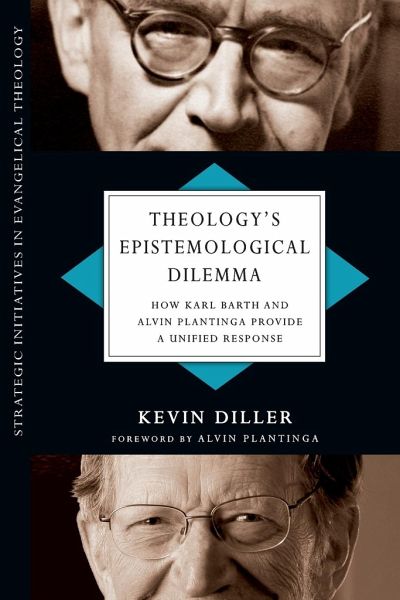
Theology's Epistemological Dilemma
How Karl Barth and Alvin Plantinga Provide a Unified Response

PAYBACK Punkte
19 °P sammeln!
Karl Barth and Alvin Plantinga are not thought of as theological allies. Barth is famous for his opposition to philosophy's role in theology, while Plantinga is famous for his emphasis on warranted belief. Kevin Diller argues that they actually offer a unified response to the central epistemological dilemma in theology.





